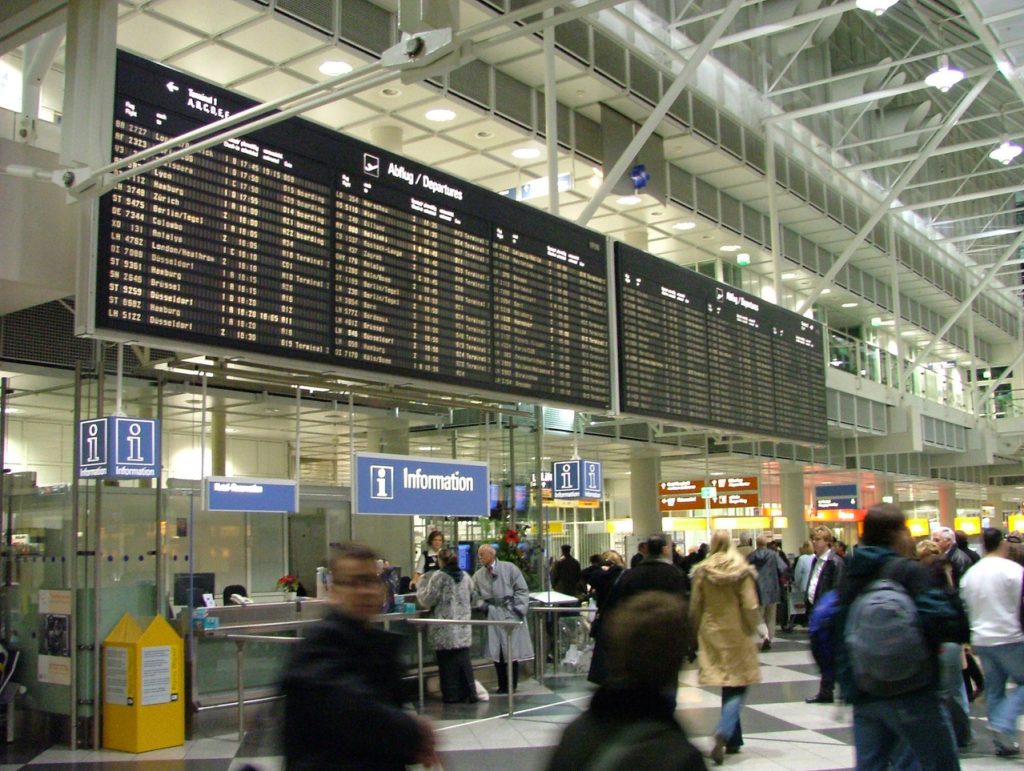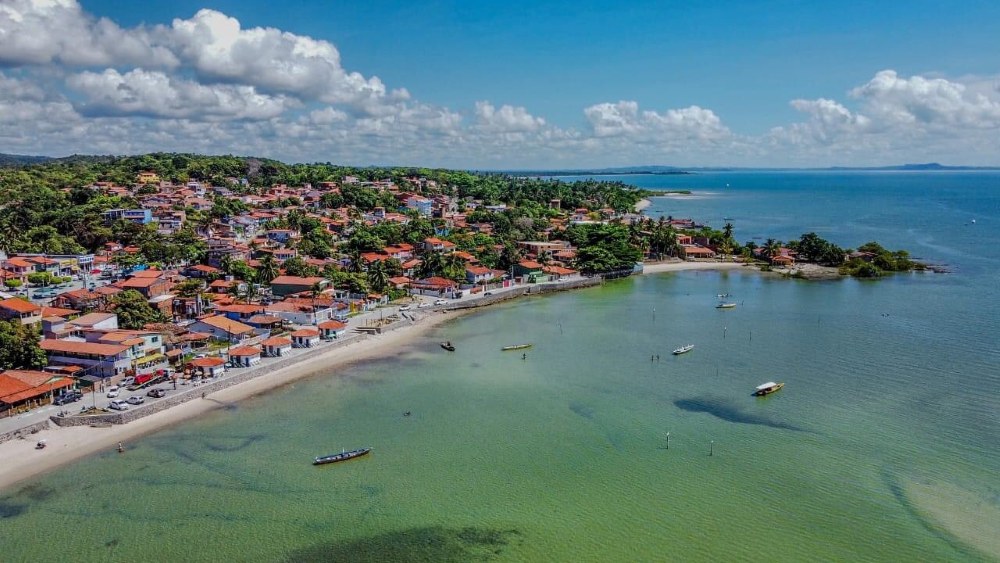Les compagnies aériennes opérant sur les marchés sud-américains ont échangé sur les grands défis que ce secteur aura à affronter lors de la réouverture des vols internationaux dans la région.
L’un des grands débats autour de la relance économique est la reprise de la connectivité aérienne internationale. Depuis plusieurs mois, les compagnies aériennes, les aéroports colombiens, l’Association Internationale du Transport Aérien – IATA -, l’Organisation mondiale de la santé, les autorités nationales de l’aviation et le gouvernement national travaillent ensemble pour s’assurer que le transport aérien respecte des protocoles de biosécurité stricts et garantisse la sécurité des passagers tout au long de leur voyage.
A ce jour, 3 compagnies aériennes colombiennes – Avianca, VivaAir et Wingo – et 5 aéroports du pays -Santa Marta, Cúcuta, Bucaramanga, Bogotá et Cartagena- disposent du Label de Biosécurité, certifié et délivré par le Ministère du Commerce, de L’industrie et du Tourisme (MinCIT) et par l’Institut Colombien des Normes Techniques et de la Certification (ICONTEC).
Au cours de la semaine virtuelle de la Colombie organisée par ProColombia en Argentine, au Chili et au Pérou, ce fut l’un des principaux sujets abordés par les compagnies aériennes couvrant le marché sud-américain.
“Le gouvernement colombien a pris plusieurs décisions importantes pour faciliter la réactivation. Parmi elles, la réduction de la TVA sur les billets d’avion de 19 à 5 %, et la réduction de la taxe sur le carburant d’aviation. « Générer la confiance chez les voyageurs sera la clef pour réactiver la demande » a déclaré Gilberto Salcedo, vice-président du tourisme de ProColombia.
Pour sa part, Santiago Álvarez de LATAM, a ajouté : « Nous avons réduit les tarifs afin que les passagers en bénéficient et lorsque nous avons pris cette décision, nous avons pensé au tourisme mais aussi à l’investissement, au rapprochement des familles et aux déplacements des entreprises. C’est pourquoi nous devons travailler plus étroitement avec les destinations, avec les opérateurs et avec les gouvernements pour que le voyageur ait la certitude de voyager en toute sécurité ».
Juan Manuel Perez de la compagnie Avianca a affirmé que « Les compagnies aériennes sont l’épine dorsale de l’économie et pour cette raison, elles doivent ouvrir les portes des pays en toute sécurité. Nous devons lever l’incertitude de la connectivité internationale et continuer à nous coordonner avec tous les acteurs de la chaîne d’approvisionnement afin d’être prêts à reconnecter les rêves de tous nos voyageurs ».
D’autre part, ils ont tenu à remarquer que plus de 300 vols humanitaires ont été effectués depuis la Colombie vers différents pays dans le but de rapatrier des personnes et ce, avec le concours du Ministère des Affaires Etrangères et de l’Unité Administrative Spéciale de l’Aéronautique Civile (Aérocivil),.
Lisa Mota-Pinto de VivaAir, a ajouté : « Pour nous, il est important de suivre les protocoles, de prendre soin des passagers et de notre personnel parce que nous voulons leur donner confiance. Comme tous mes collègues, nous suivons les mesures nécessaires. Nos avions sont équipés de filtres spéciaux qui renouvellent l’air toutes les trois minutes et qui capturent les particules et les micro-organismes à 99 %. Cela fait les avions les plus sûrs et les plus propres au monde ».
Pedro Asenjo de JETSMART a déclaré qu’ils ont transporté 190 000 passagers pendant la période de confinement de manière sûre et : « Un article académique du MIT – Massachusetts Institute of Technology – confirme que la probabilité d’être infecté à l’intérieur d’un avion est de 1 sur 4 300 ».
Ceci a été aussi confirmé par les recherches de Mr. Carlos Alvarez, infectiologue médical et conseiller du Ministère de la Santé colombien dans une déclaration récente qui explique que les avions ont des programmes de biosécurité très puissants.
Diego Bermudez, de la compagnie panaméenne COPA a confirmé quant à lui, le rétablissement du réseau de ses lignes et lancé un appel spécial pour que les vols vers la Colombie depuis différents pays continuent à être vendus : « Nos tarifs sont très flexibles puis, les différentes régions colombiennes ont fait un grand effort pour montrer leur attractivité ; après cette crise mondiale, l’industrie aéronautique sortira sans aucun doute, renforcée et le travail entre tous les acteurs du secteur sera mieux articulé ».
Pour finir, Werner Geissbuhler de la compagnie SKY, qui vol déjà vers la Colombie depuis Santiago du Chili avec trois fréquences hebdomadaires et qui reprendra ses opérations le 30 novembre prochain, a déclaré : « Depuis plusieurs mois, nous avons décidé de bloquer la rangée du milieu dans nos avions pour donner confiance aux voyageurs et rapidement, nous avons commencé à voir un plus grand flux de passagers. Il ne sera pas facile de briser la peur, mais nous essayons quand même de faire redémarrer très bientôt ce moteur indispensable à l’économie ».
Les participants ont conclu à l’unanimité que « Générer la confiance chez les voyageurs sera essentielle pour réactiver l’industrie, que tous les acteurs de la chaîne sont impliqués et que cela ne sera possible que grâce à la coordination entre les différentes autorités et à condition que les mesures de biosécurité adoptées continuent d’être communiquées et respectées ».
Gestion de ProColombia pour le secteur aéronautique
Depuis mars 2020 et dans un concept de durabilité et de sécurité, ProColombia développe quatre actions pour la relance du secteur du tourisme dont une spécifiquement pour la connectivité aérienne :
ProColombia travaille sur un processus de récupération des sièges et des fréquences, main dans la main, avec les compagnies aériennes afin d’assurer leur retour de manière coordonnée, d’évaluer leurs prochains plans de promotion et de les soutenir au fur et à mesure de la réactivation et de la réouverture.
L’objectif, à partir de la reprise des opérations en septembre, « Sera de retrouver 40 % de la capacité normale hebdomadaire de février, c’est-à-dire, 456 fréquences et 76 237 sièges depuis l’international par semaine d’ici à la fin 2020 ».
À ce jour, 16 aéroports ont déjà été validés par l’Aérocivil pour leur conformité aux protocoles de biosécurité émis par la résolution 1054 de 2020 du Ministère de la Santé et de la Protection sociale.
Depuis le 24 août, la Colombie a 4 routes intérieures en service et l’aéroport international d’El Dorado de Bogota commencera à pratiquer 15 tests pilotes à partir de septembre.
Source : ProColombia








